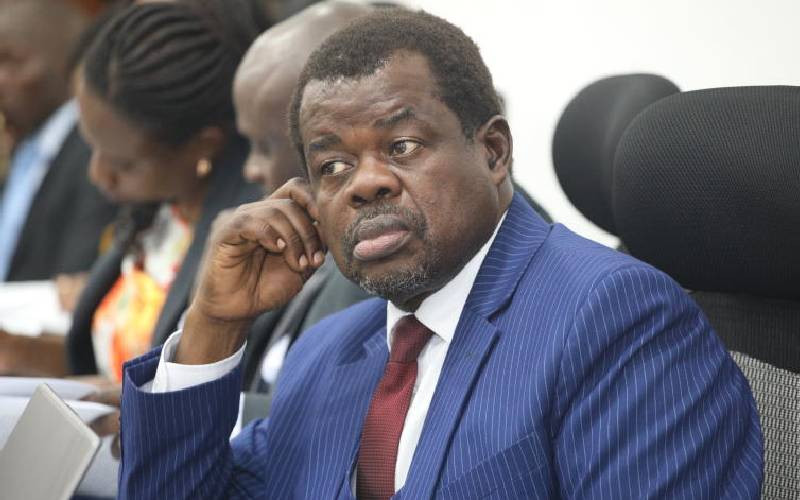
There is no human rights defender-cum-litigator in Kenya who can hold a candle to Busia Senator Okiya Omtatah. He has cut a special niche for himself from which dislodging him will be difficult. Omtatah is a darling of the downtrodden and voiceless in Kenya.
It is from this enviable niche he now seeks to carve yet another niche by going for the presidency, a precarious dig that could result in either of two outcomes; he will succeed and step into the new niche, or he will slip and tumble into the abyss below. The former will derive from an inner force, and the latter from malevolent external forces that his 'demons' have inadvertently disturbed.